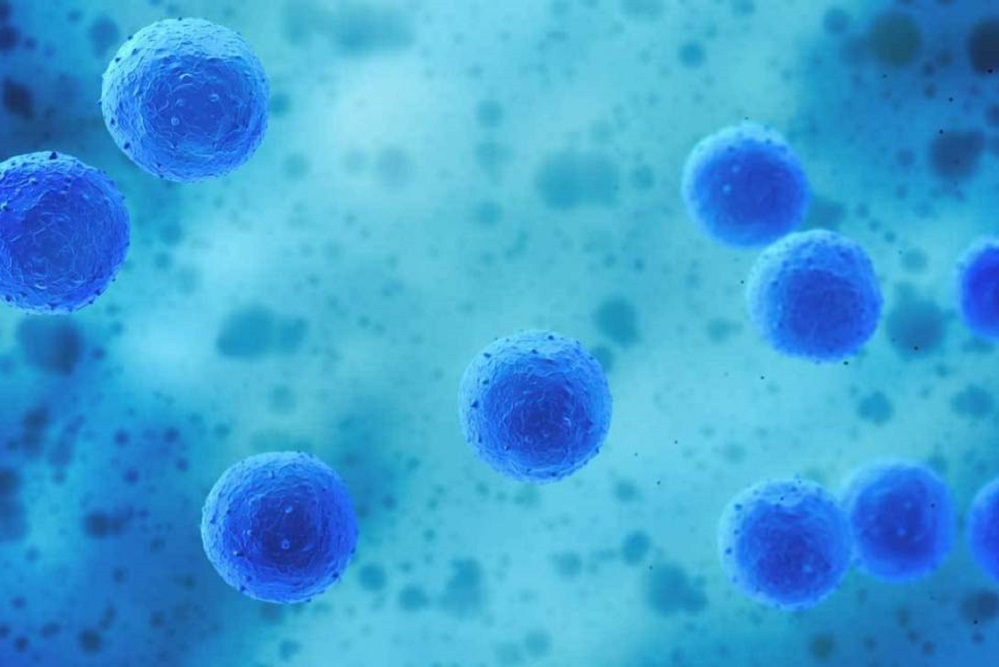US Scientists working on clumps of cells that resemble human embryos, says they are finding it increasingly challenging to obtain federal funding for their important research.
The US National Institutes of Health has also supported the US scientists’ claim that grants and funds for their research on embryo-like structures are challenging to get.
A spokesperson of institute noted that the agency considers grant applications involving models that could be regarded as an organism on a case-to-case basis.
The source further cited a provision of the federal law known as the Dickey-Wicker Amendment, which bars the government from funding any US Scientists research that creates or destroys human embryos.
US Scientists, according to their research, was working on creating clumps of cells that resemble human embryos, increasing hopes that they could study the elusive first stages of social development.
They further noted that this first stage could be done while avoiding the ethical concerns that make it difficult to study actual human embryos.
Notably, the ban by government dates to 1996 was put in place before the advent of techniques that produce embryo-like structures from stem cells.
Scientists working on such research say they need more explicit guidance on what is eligible for federal funding.
Eric Siggia, a physicist, explained the writing on the wall is that synthetic embryos are out of bounds from the NIH. What could be the next step in science is currently prohibited.
Additional ethics review for embryo research
The administration of President Donald Trump stopped fetal-tissue research by government scientists last June. His administration further introduced a requirement that any grant applications involving such material undergo an additional ethics review.
Amid this growing criticism, the agency’s Office of Science Policy has asked the US National Academies of Sciences, Engineering, and Medicine (NASEM) to host a day-long workshop to lay out the latest developments in experiments with embryo-like structures.
The meeting on 17 January in Washington DC will not include any presentation on ethics or regulations at NIH request.
US Scientists reaction towards government restriction
Various US scientists have voiced their disapproval against the Trump administration ban on human embryos.
Fu Jianping, a bioengineer at the University of Michigan at Ann Arbor, says that he submitted a grant application to the NIH to study the origin of precursor cells to egg and sperm, using embryo-like models.
A program officer reportedly emailed Fu a list of questions, including one that asked if his experiments would also involve extra-embryonic tissue. Several months later, Fu says he hasn’t received any funding.
Despite the funding uncertainty, the advances in studying embryonic development have been swift.
Some researchers have also noted that the study is nearing a new ethical boundary.
ISSCR stance
International Society for Stem Cell Research (ISSCR), scientists stated that the legal definition of what an embryo is varied between countries.
It noted that leaving room for confusion about how research with synthetic embryos is interpreted. The authors called on the ISSCR to clearly define guidelines for the ethical conduct of this line of work.
The ISSCR also issued a statement promising to release updated guidelines in early 2021 that address the complexity of this area.
It also included a series of recommendations for researchers to follow in the meantime, among them a request that cell cultures of embryo-like structures that last longer than 14 days be reported to their institution’s oversight committee for research involving embryos.







